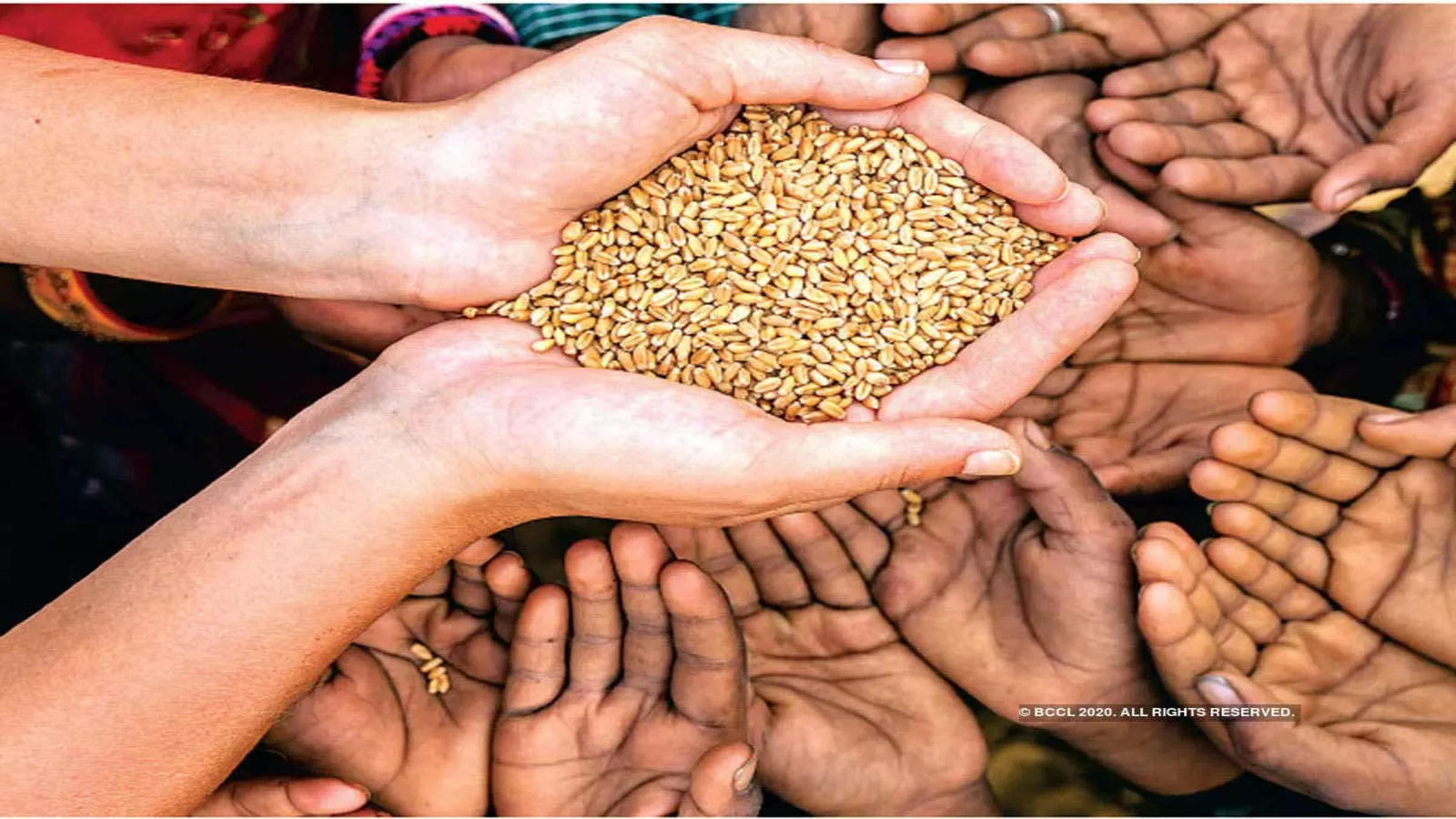New Delhi [India]: Anita Praveen, secretary of the Ministry of Food Processing, emphasised the pivotal role of research and development (R&D) in propelling the Indian food processing sector to greater heights.
Speaking at the FICCI Scientific Symposium on ‘Processed Foods for Purpose’, Praveen highlighted the sector’s significant potential for growth and its status as a priority area within India’s agricultural landscape.
Praveen stated, “The Indian agriculture sector is witnessing a robust growth with record levels of production and Food Processing sector has become one of the priority sectors for growth.”
She added, “We have already reached high levels of growth with the resources we have. There is a need now for the food processing sector with R&D as focus for taking the sector to the next level.”
She underscored the pivotal role of the food processing sector in driving economic growth and generating employment opportunities, particularly for micro and small enterprises.
“Food processing sector is one of the large investment generators particularly for the micro and small sector and has the potential to bring more private investments,” said Praveen.
“With the resources at our disposal, we have achieved substantial growth. Now, the focus must shift towards leveraging R&D to propel the sector to new heights,” she remarked.
The Secretary outlined the strategic advantages of the food processing industry, citing abundant availability of raw materials at competitive prices and burgeoning consumer demand both domestically and internationally.
“This sector has advantages of high raw materials availability at cheaper price, high consumer demands both in domestic and international markets. This is the time to give a push to the food processing industry”, Praveen said.
Praveen also addressed the pressing issue of food wastage, emphasising the need for comprehensive waste management strategies at every stage, from farm to fork.
She stressed the importance of direct engagement between industry players, farmers, and micro-level processing units to enhance efficiency and minimise wastage.
“The time is right to bring these micro units and link them with large industries. The downward linkage approach will be advantageous for large industries to control quality, maintain standards and have a sustained supply chain,” she added.
“The industry should focus on educating the consumer, and we must adopt a balanced approach to this educational initiative. Consumers must know what they are consuming, and quality food production is the responsibility of the industry,” she added.
To boost exports, Praveen advocated for closer collaboration between large industries and smaller units, emphasizing the importance of quality control and maintaining robust supply chains.
She highlighted the industry’s responsibility in consumer education, advocating for transparency and a balanced approach to fostering awareness about food quality and safety.
Siraj Hussain, Advisor to the FICCI Food Processing Committee and Former Secretary of the Ministry of Food Processing Industries, echoed Praveen’s sentiments, emphasizing the critical role of food processing in ensuring food safety and nutrition.
“Food processing serves as a critical link between farm and fork. It acts as a catalyst for economic growth, generating employment opportunities and driving innovation across the food sector. The role of food processing in providing safe, healthy and nutritious food has now taken centre stage,” Hussain said.
He underscored the sector’s potential as a driver of economic growth and innovation.
Sanjay Khajuria, president of CIFTI-FICCI and director, Corporate Affairs at Nestle India Ltd, hailed food processing as a ‘sunrise sector’, lauding its progress in modernisation and sustainable economic growth.
“Food Processing sector is considered as a sunrise sector and has achieved notable progress in terms of modernization and sustainable economic growth in recent years,” he said.
Dr Seema Bathla, professor at the Centre for the Study of Regional Development, Jawaharlal Nehru University, highlighted the four key elements of the Indian agriculture food system: production, consumption, ecology, and environment.
“The Indian agriculture food system has four key elements which include production, consumption, ecology and environment,” she said.
With projections indicating an upward trend, India’s food processing sector’s output is expected to soar more than USD 600 billion by the fiscal year 2025-26.

